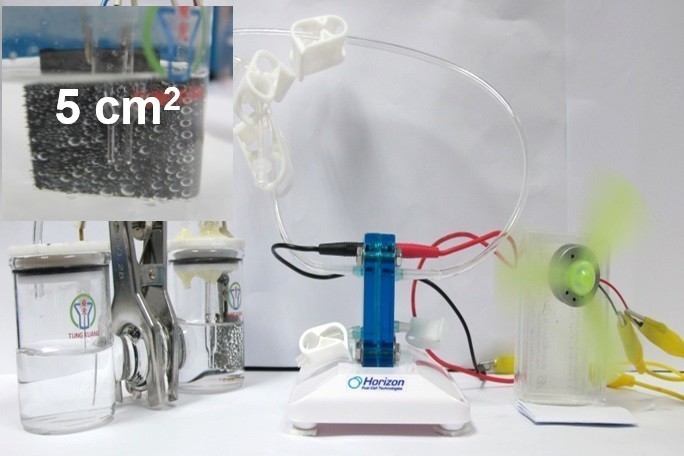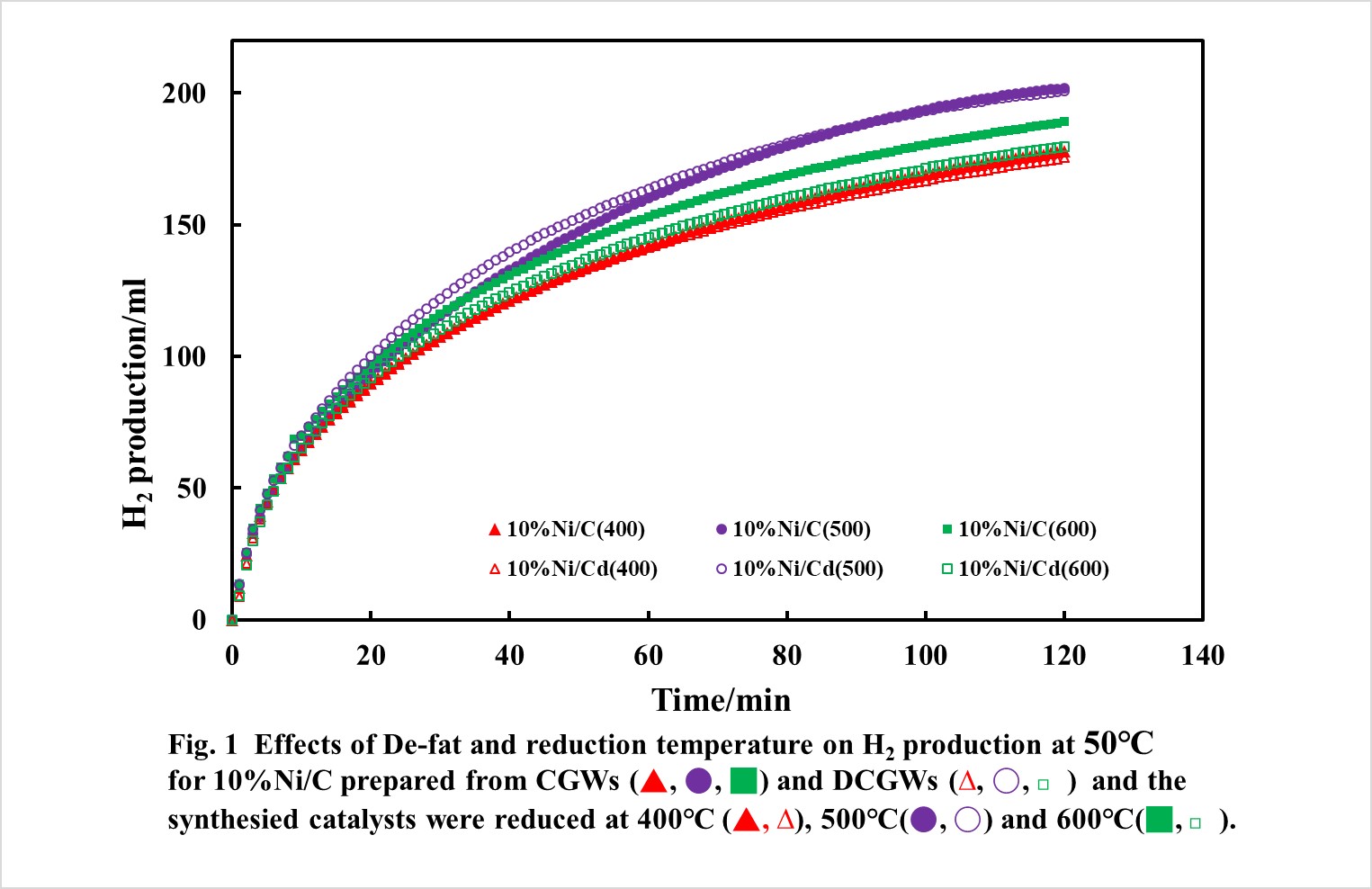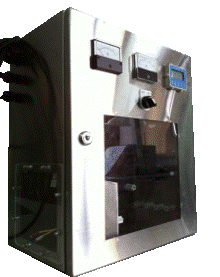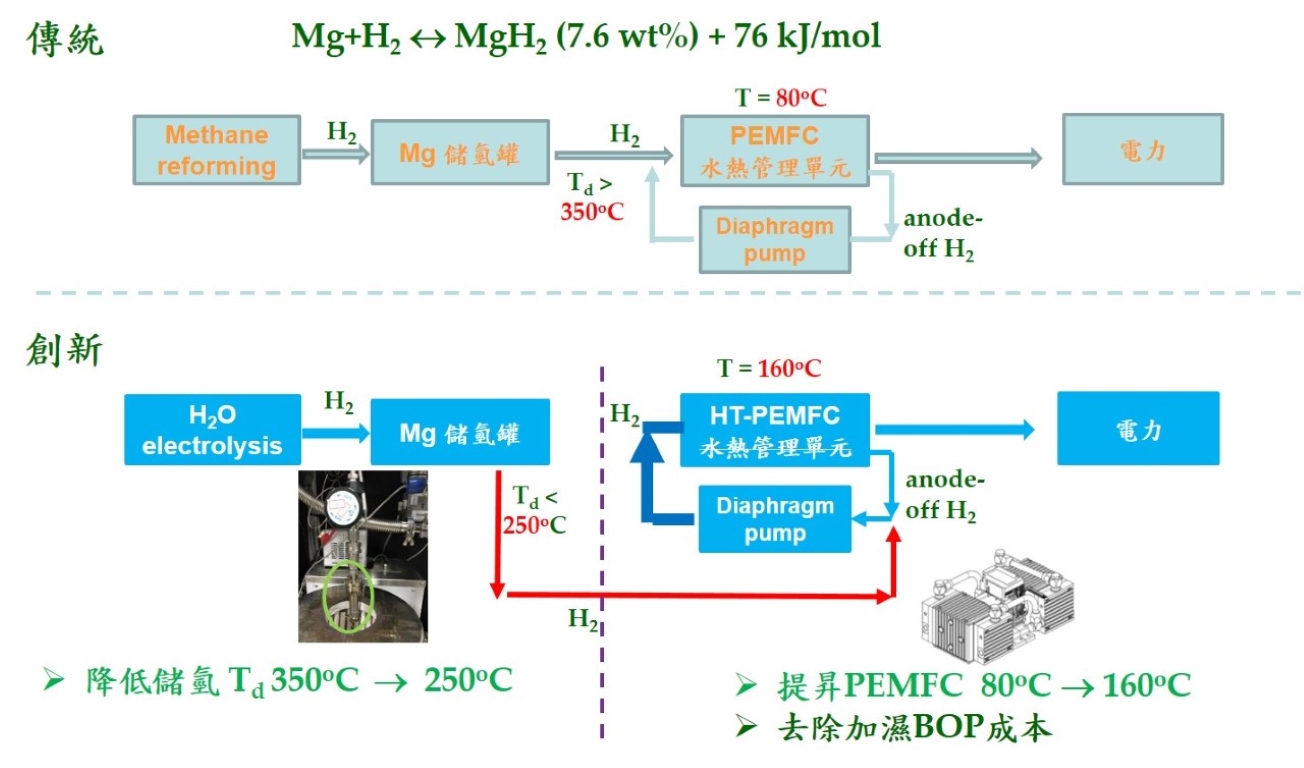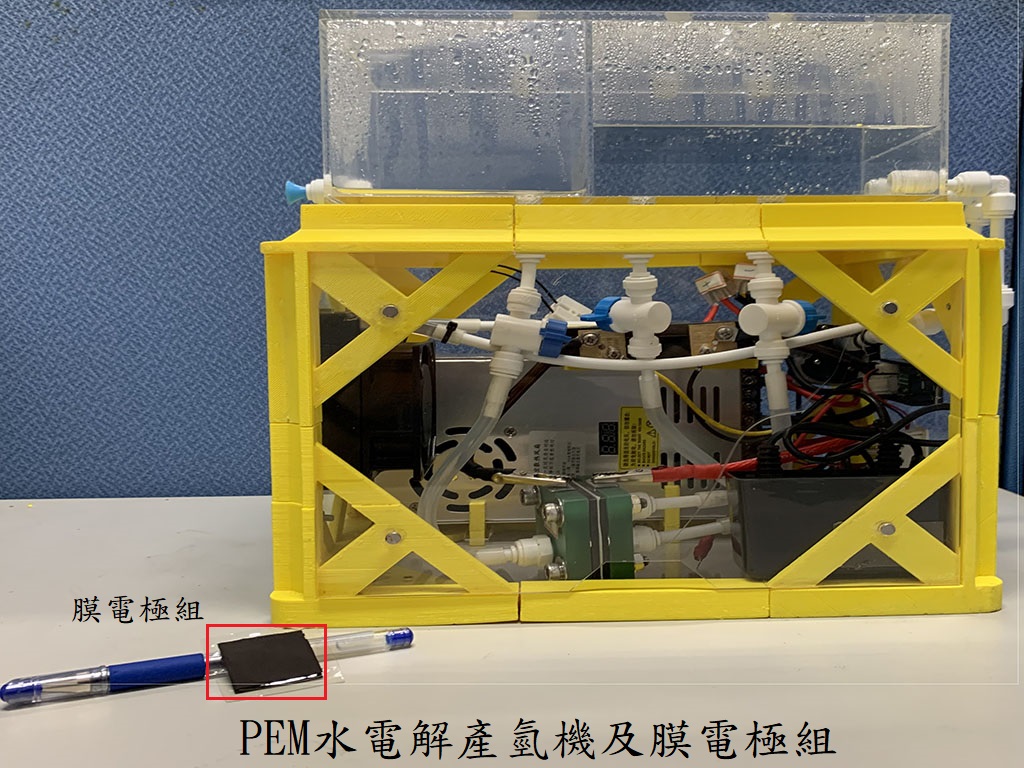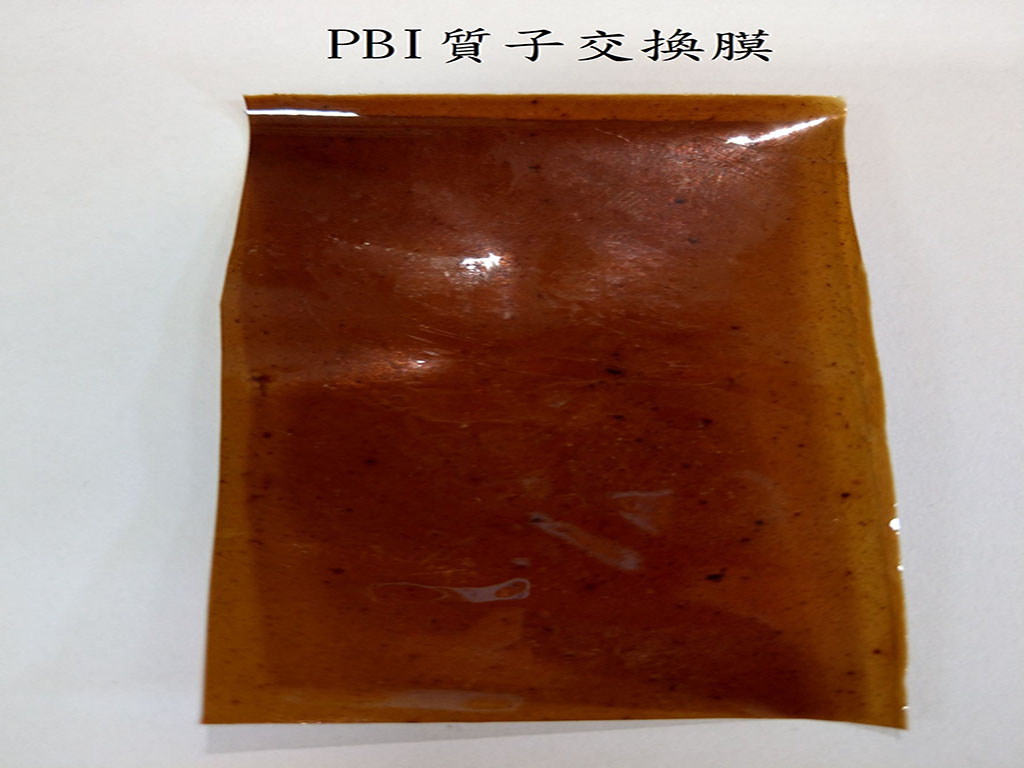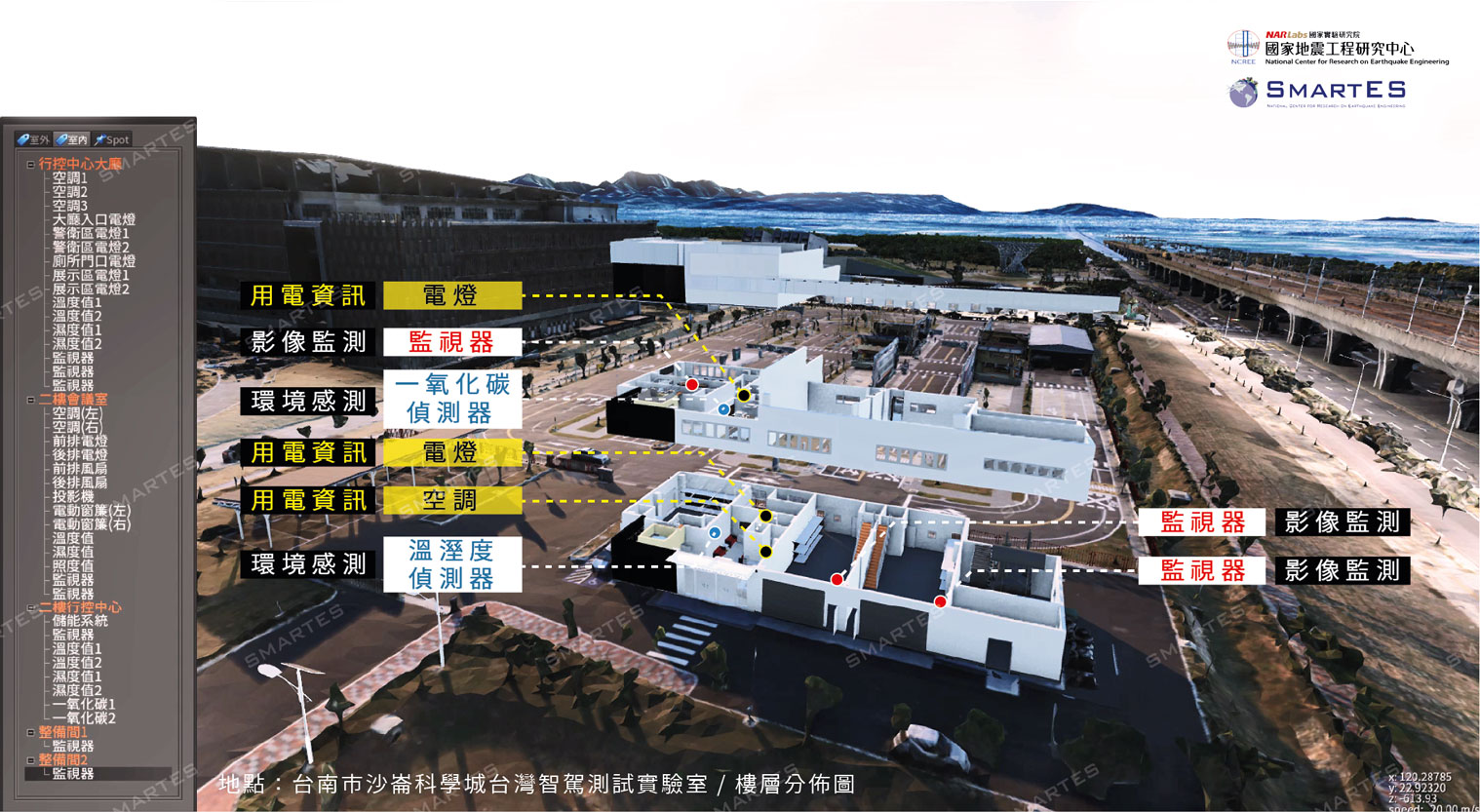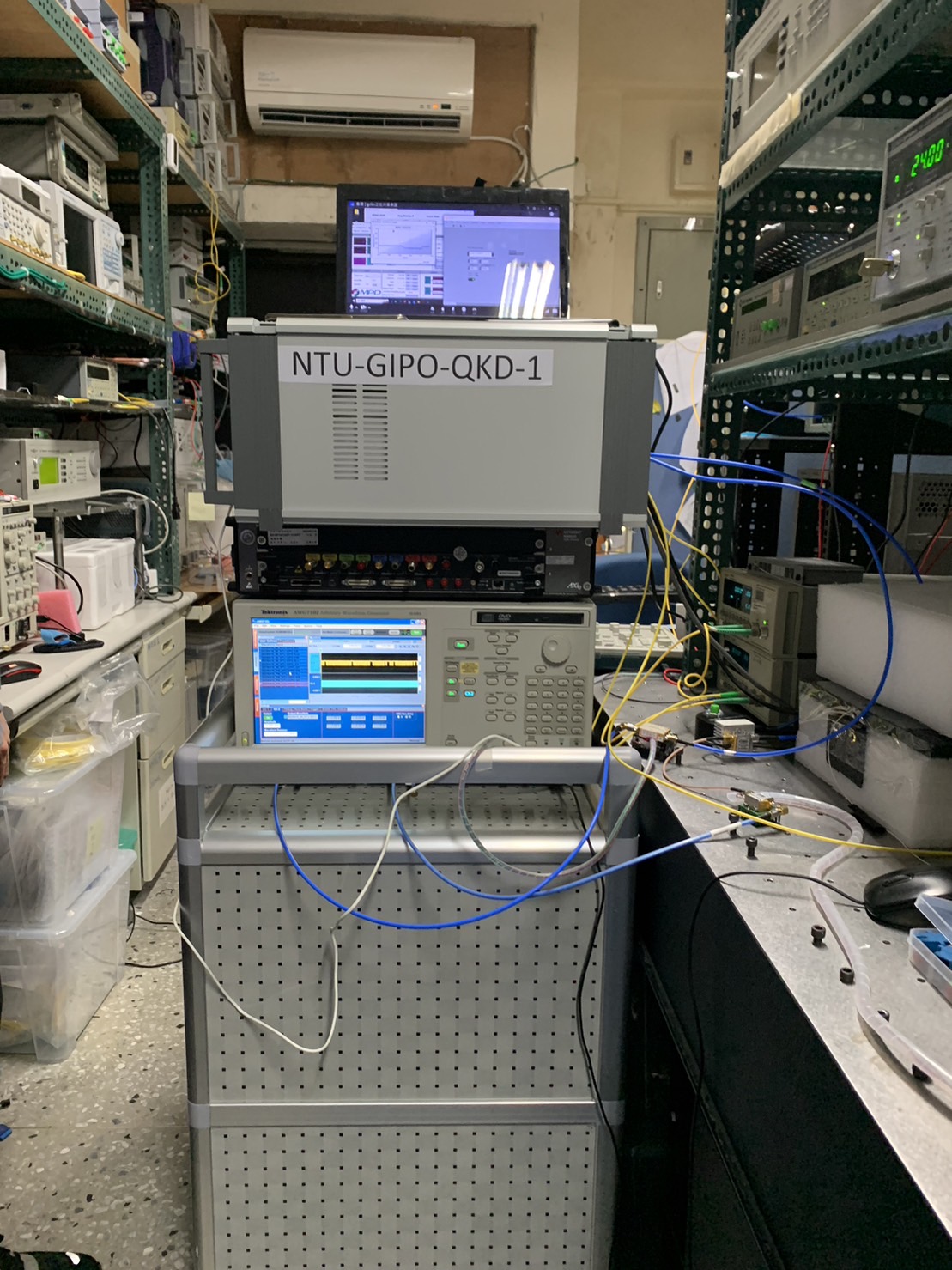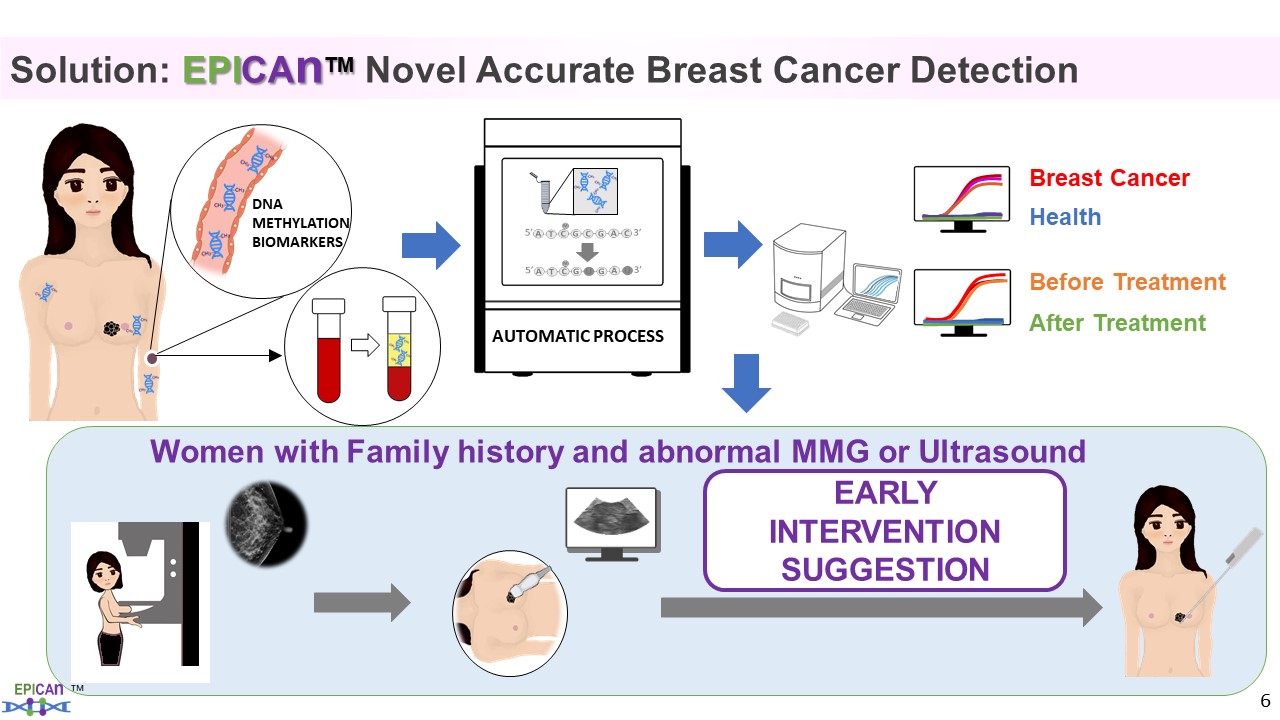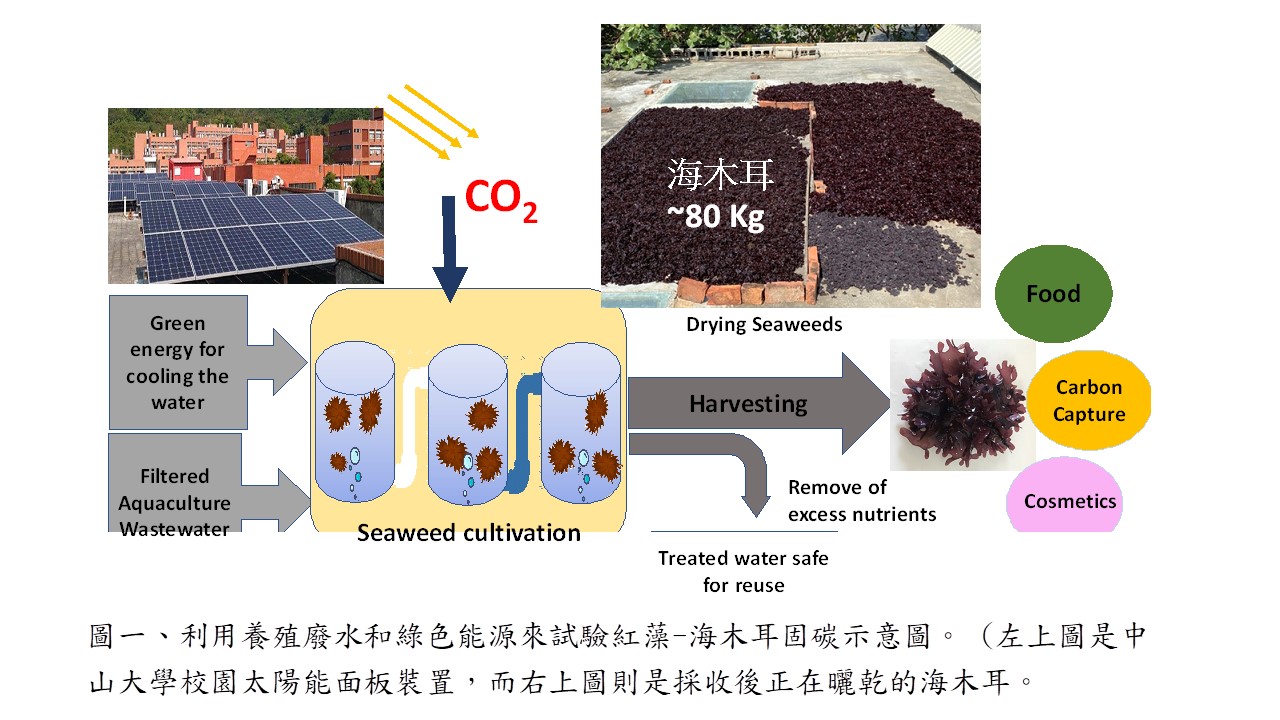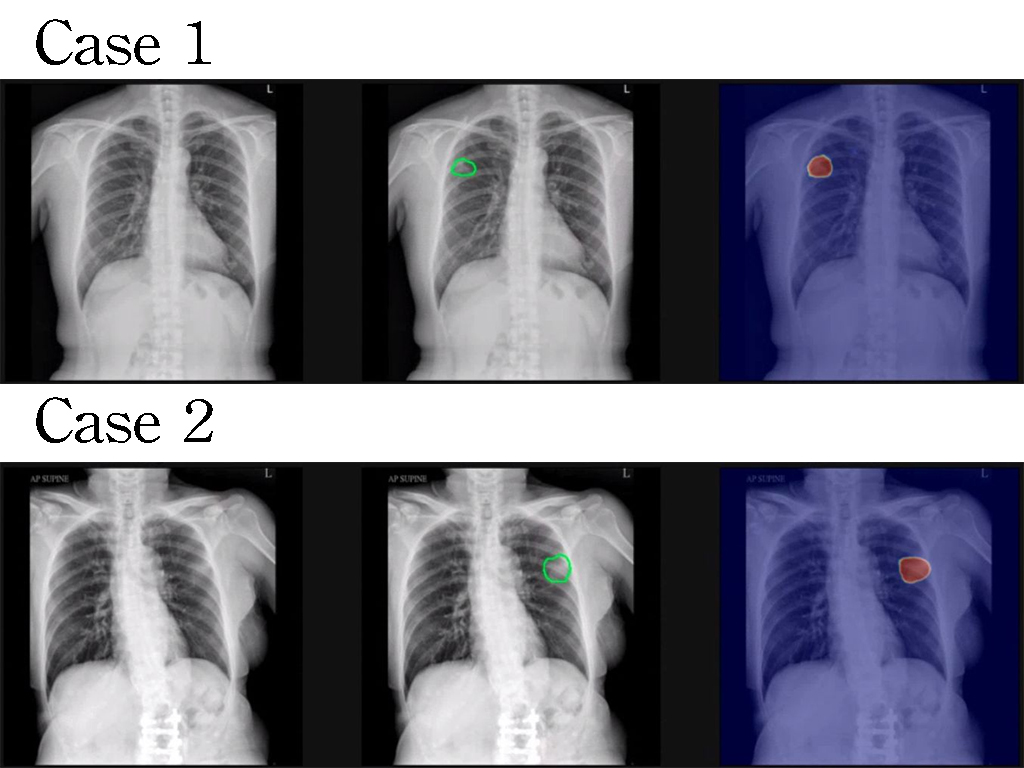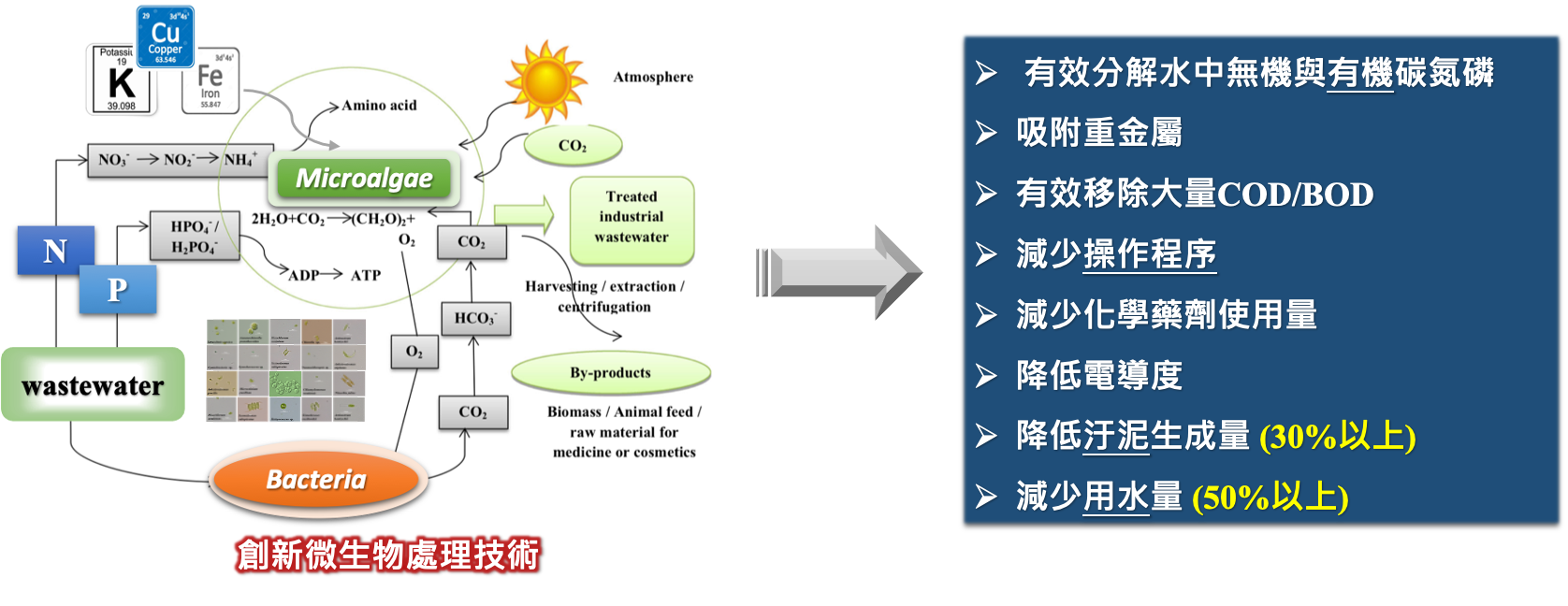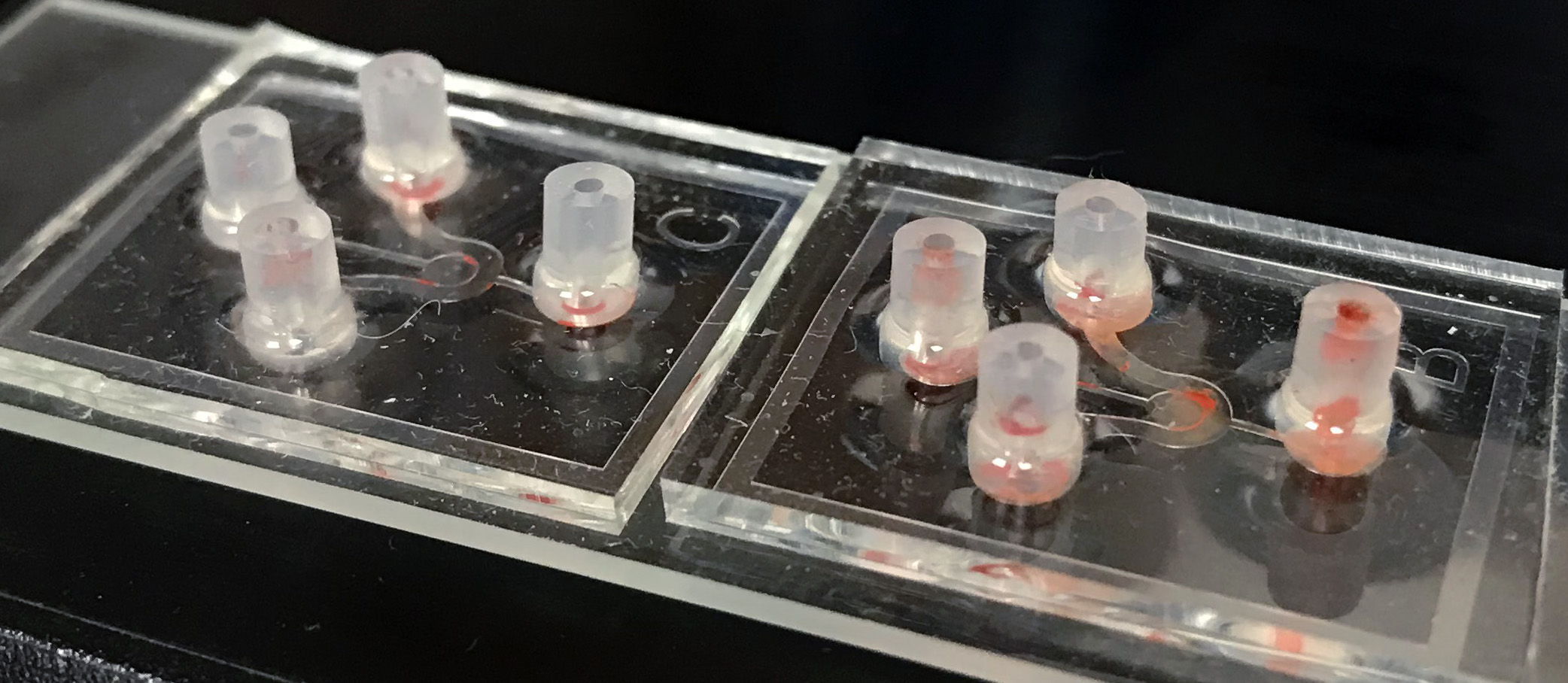| Summary |
The goal of this project is to study "low-temperature magnesium hydrogen storage materials and energy storage applications". Mg hydrogen storage materials with a hydrogen storage capacity of 5.0 wt% is developed,and their dehydrogenation rate at 250℃ will be significantly enhanced using a forcible pump. The Mg hydrogen storage powders are inserted into a tank for cyclic hydrogenation-dehydrogenation tests. The H2 gas desorbed from the tank is supplied to a high-temperature proton exchange membrane fuel cell (HT-PEMFC,160℃) for power generation. |
| Scientific Breakthrough |
This project has developed a 5.0 wt% hydrogen storage material. Traditionally, the dehydrogenation temperature of MgH2 hydrides is still higher than 350℃. The use of dry diaphragm pump assisted dehydrogenation can reduce the operating temperature to 250℃. The low temperature hydrogen storage tank is conducive to combining with the waste heat feedback of high temperature proton exchange membrane battery (160℃) to improve the overall conversion efficiency of hydrogen energy. In addition, we specialize in low-cost water electrolysis hydrogen production technology. The pressure and flow rate of hydrogen production will help the development of magnesium hydrogen storage tanks. |
| Industrial Applicability |
The global commercial fuel cell market in 2018 was 2.39 billion US dollars,the market in 2022 is expected to reach 6.25 billion US dollars. The project uses "low-temperature magnesium hydrogen storage materials and energy storage applications" in industrial applications, which can be used in the information and communications industry, emergency backup power supply system, charging stations and hydrogen refueling stations in the new generation of transportation energy industry, and long-term energy storage equipment. |


